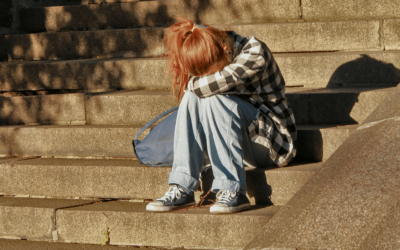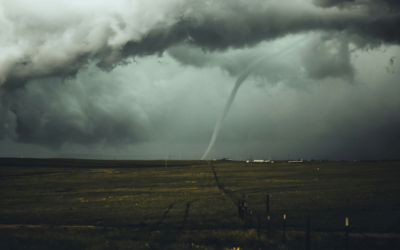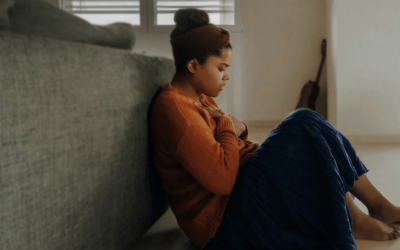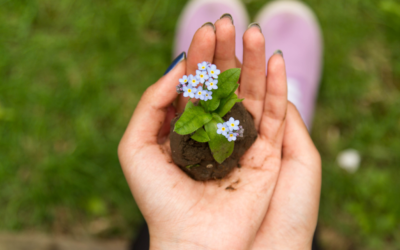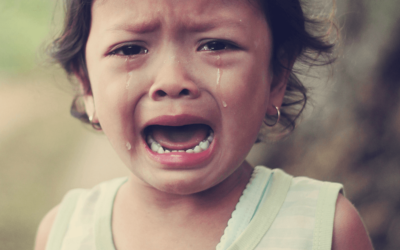Blog
Giving Thanks and Mental Well-Being
As the country gets ready to celebrate Thanksgiving, many take this time to acknowledge what they are grateful for and take a noted appreciation for the good things in life. As most of us likely lead stressful lives, this time can be a great moment for us to step back and appreciate what makes us happy. Gratitude is a great way to take a more positive outlook on life and cherish the people that make our daily life special. Furthermore, it has been proven to provide significant benefits to our mental health by giving us deeper emotional connections with ourselves and others as well as improving our quality of life and our overall well-being.
The Benefits of Music for Mental Health
Music is an incredibly powerful tool that has been recognized for its impact on emotional expression and social connection. Over the last decade, more and more research has been conducted that reveals how significant a role music plays in improving mental health,...
School Shootings and PTSD: Navigating the Emotional Fallout
In 2024 alone, there have been over 380 mass shootings in the United States, with one of the most recent being at Apalachee High School in Barrow County, Georgia. Every year in the United States, an average of 3 million children are exposed to shootings. The prevalence of school shootings in the US has led many children to be afraid that each day they enter school, there’s always the possibility that they’ll never make it back home.
Natural Disasters and PTSD
As the third part of this article series on trauma, I want to focus on the traumatic effect of natural disasters, especially as many parts of the United States are bracing for a particularly brutal hurricane season. Storms such as Beryl and Debby have already caused mass havoc and chaos in Texas and Florida. While it is easy to see the physical damage of these disasters, such as hurricanes, earthquakes, tsunamis, and more, ranging from flooded highways to crumpled buildings to mass power outages, the psychological and emotional impacts are often less evident.
Sexual Assault and Its Impact on Mental Health
It can be hard to imagine someone you trust taking advantage of you: maybe a friend, family member, or mentor. Or even walking home from work, taking a route you take every day, and getting assaulted or feeling violated. Unfortunately, situations like these are extremely common yet society finds it hard to address and take action about.
Post-Traumatic Stress Disorder (PTSD) Awareness Month
Six percent of Americans struggle with Post-Traumatic Stress Disorder (PTSD), yet many don’t understand its complexities or its severities. With June being PTSD Awareness Month, I thought it would be fitting to dedicate this blog post to providing information about the disorder, including how and why it manifests, how to find help, and cultural stigmas faced by those affected by it.
Celebrating Asian American Pacific Islander Heritage Month
As May unfolds its blossoms and warmer days invite us outdoors, it’s also time to celebrate Asian American Pacific Islander (AAPI) Heritage Month in the United States. This month serves as an opportunity to recognize and honor the rich cultural heritage, contributions, and diverse experiences of Asian Americans and Pacific Islanders throughout history and in contemporary society.
Befriending Shame
Shame negatively affects our mental and physical health and disconnects us from others. It puts us at risk of anxiety, depression, and addiction, and can prevent us from being present and joyful in our lives. Whether the shame you feel is occasional or chronic, it is possible to befriend shame and have a different relationship with it.
Feeling SAD: Understanding and Managing Seasonal Affective Disorder
As the days grow shorter and the air turns crisp, many people eagerly anticipate the arrival of winter, with its cozy nights and festive celebrations. However, for some individuals, the changing seasons bring more than just holiday cheer—they can also trigger a condition known as Seasonal Affective Disorder (SAD).
The Impact of War and Trauma on Children
More than one billion children worldwide live in places torn apart by war or terrorism. Children are especially vulnerable to the psychological effects of war, including post-traumatic stress disorder (PTSD), anxiety, and depression.



